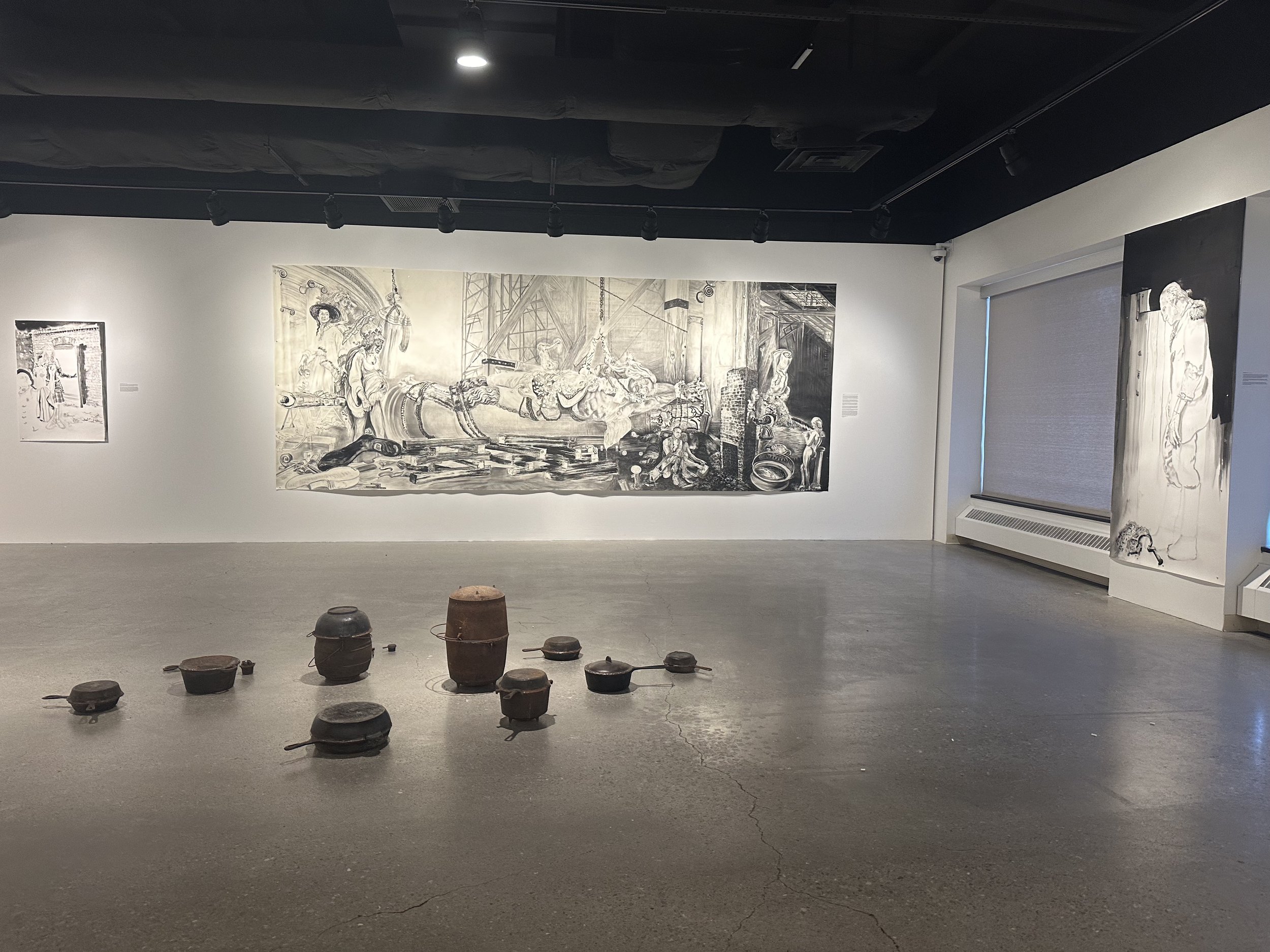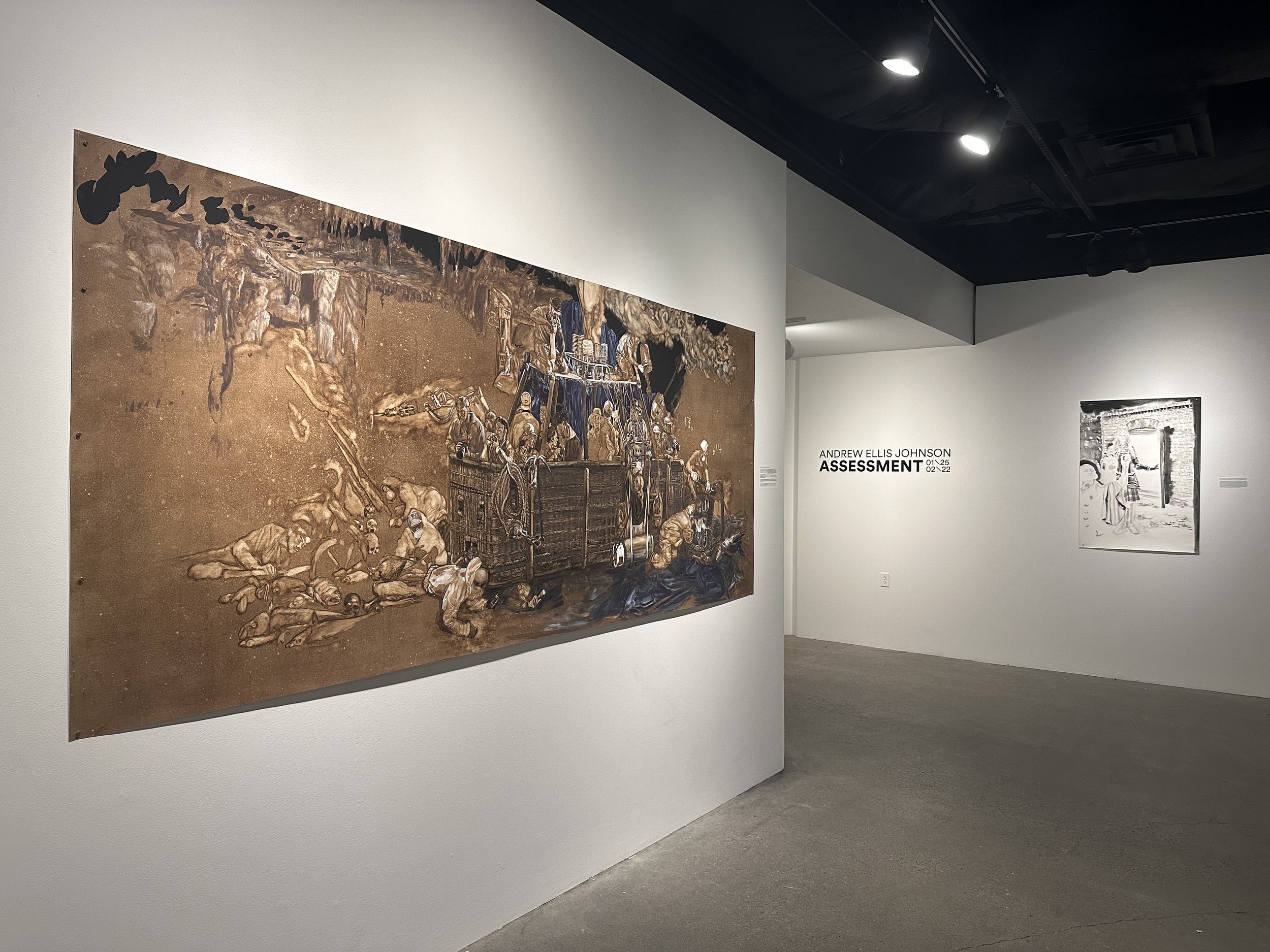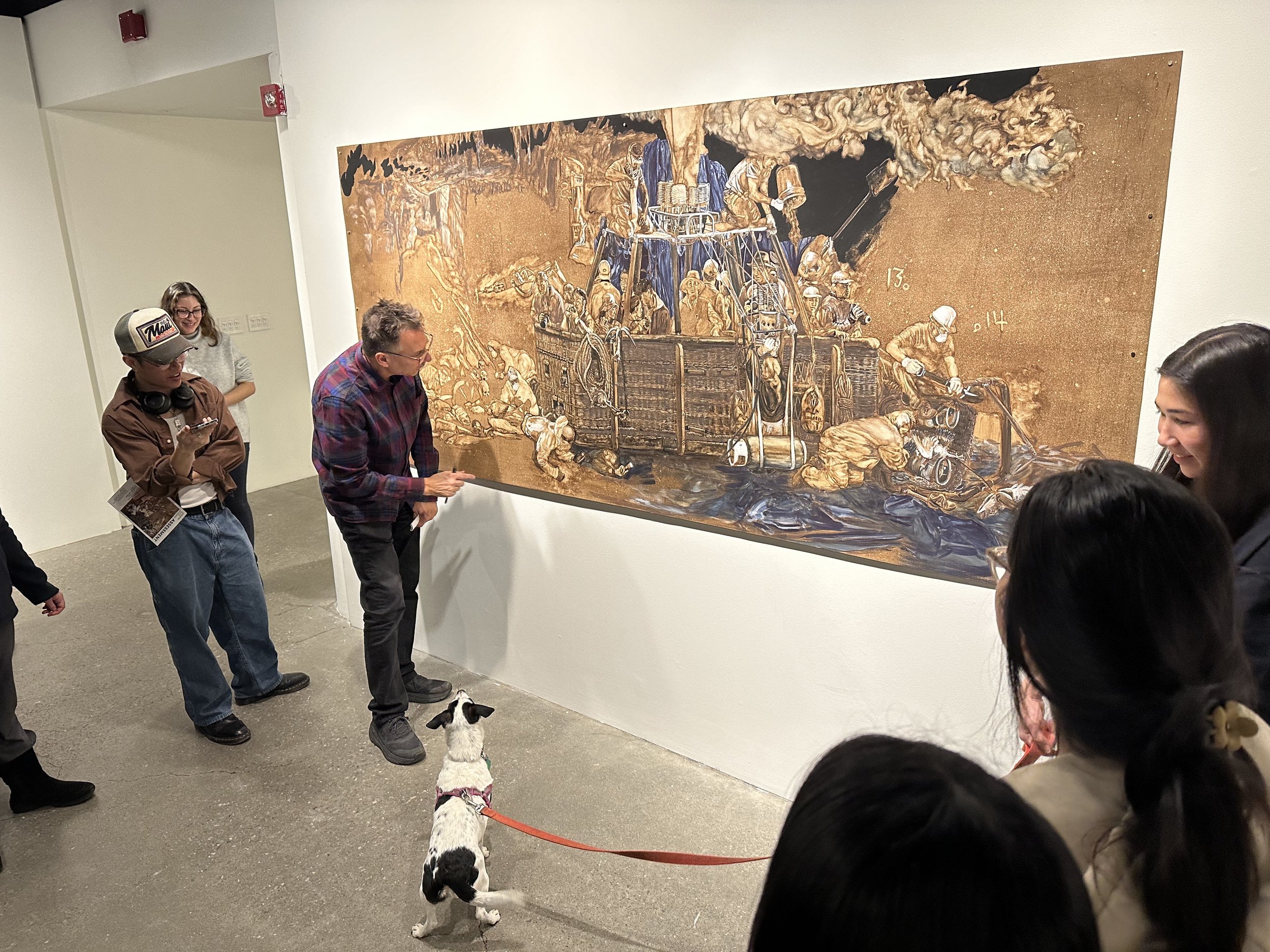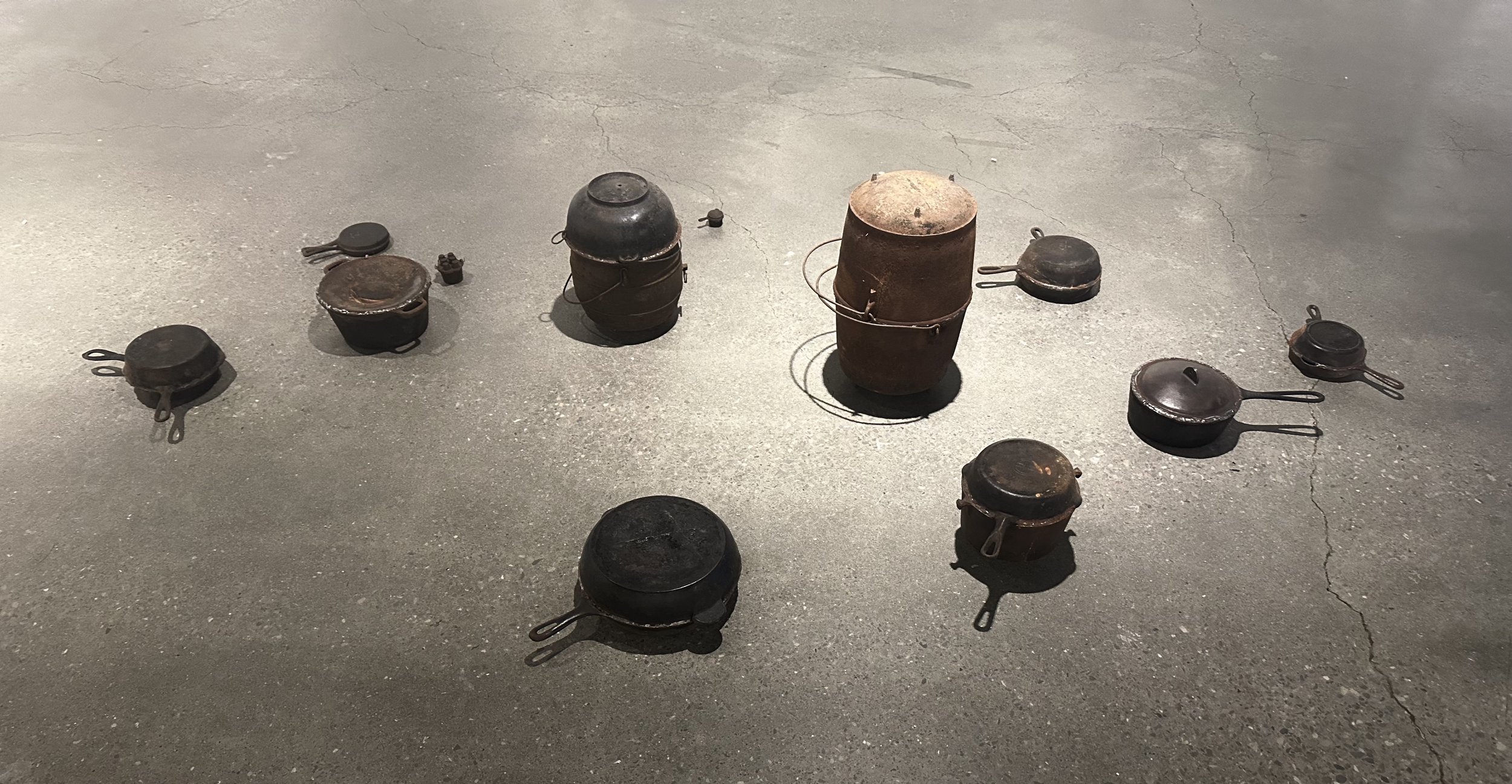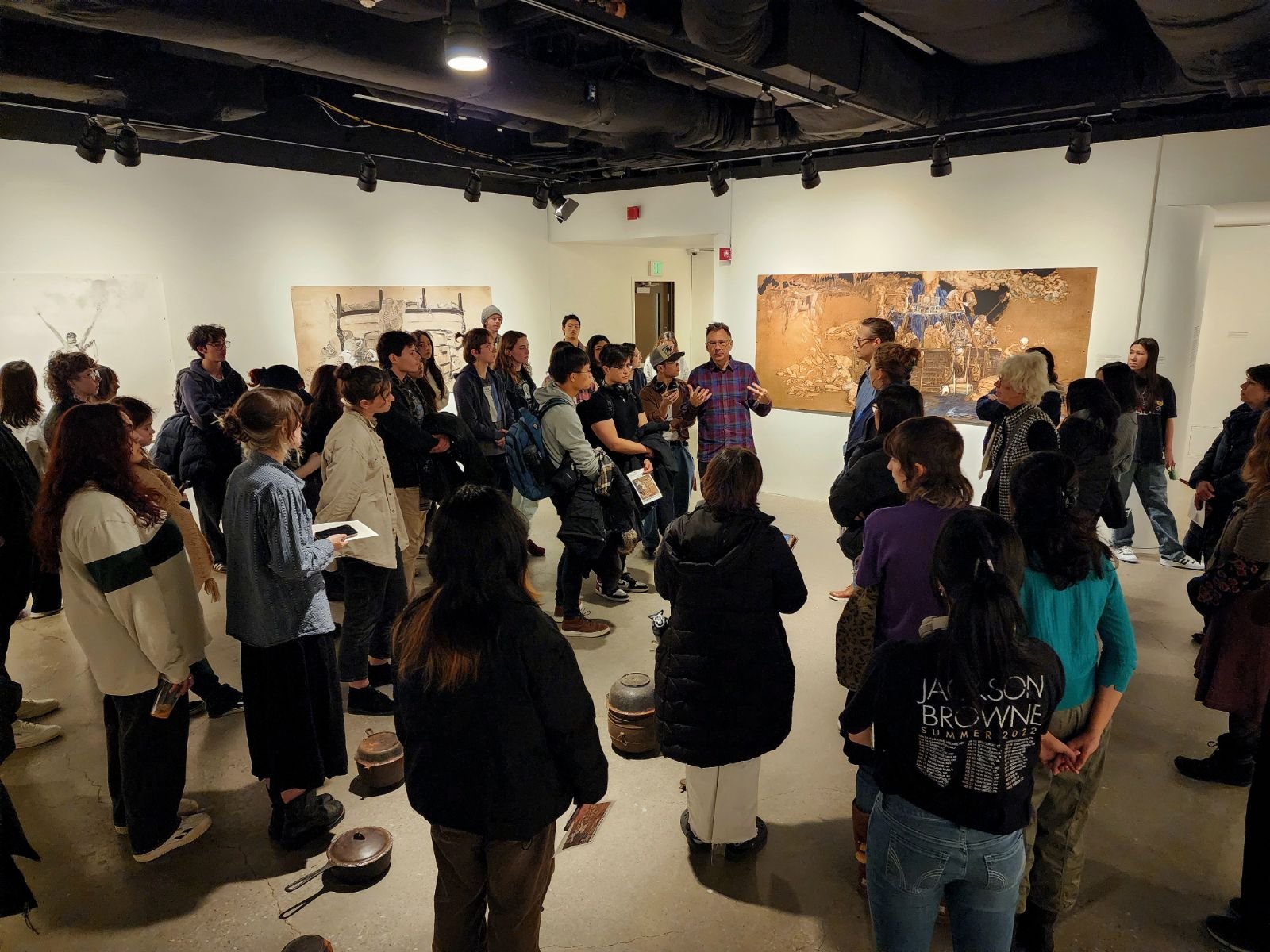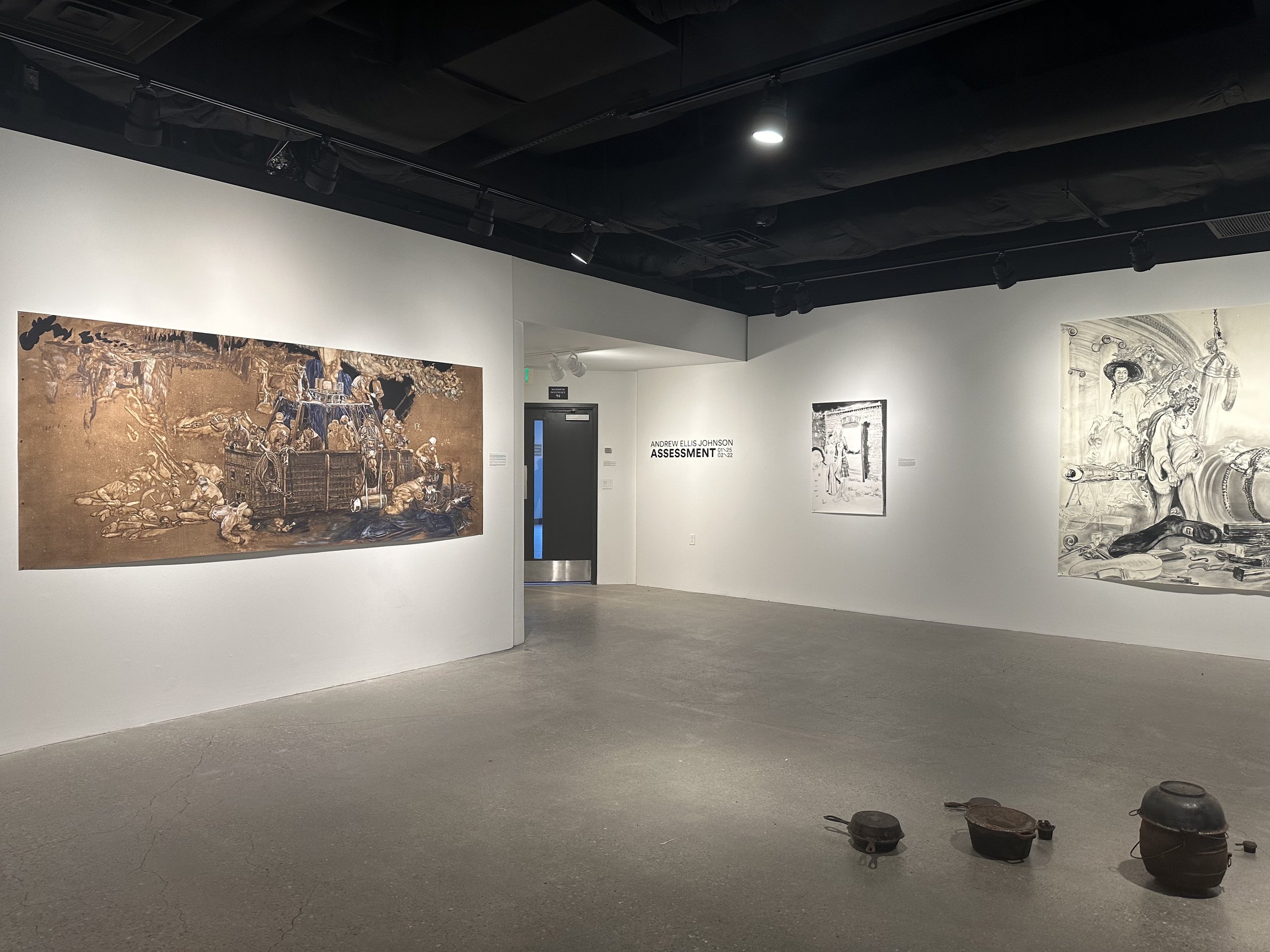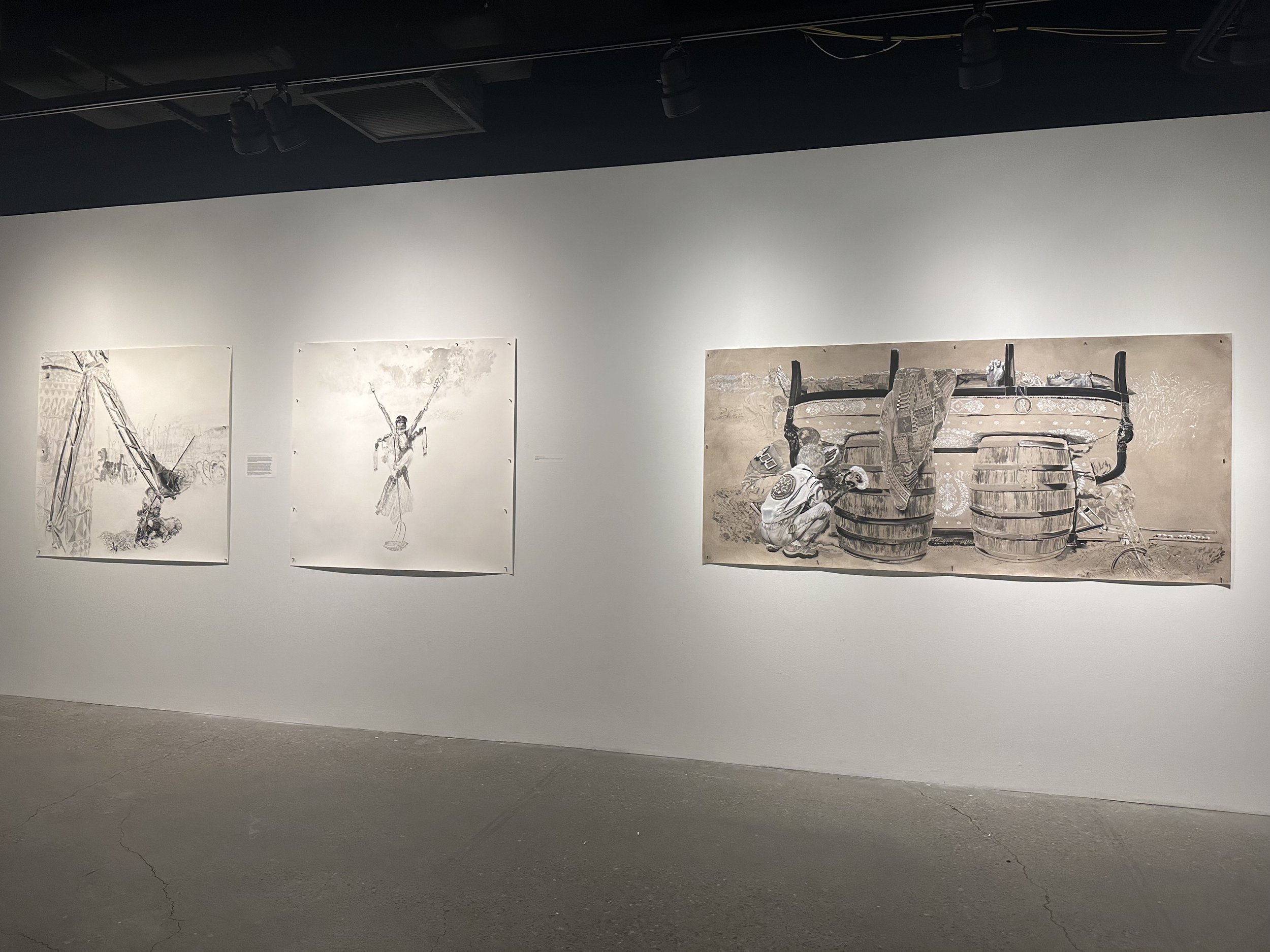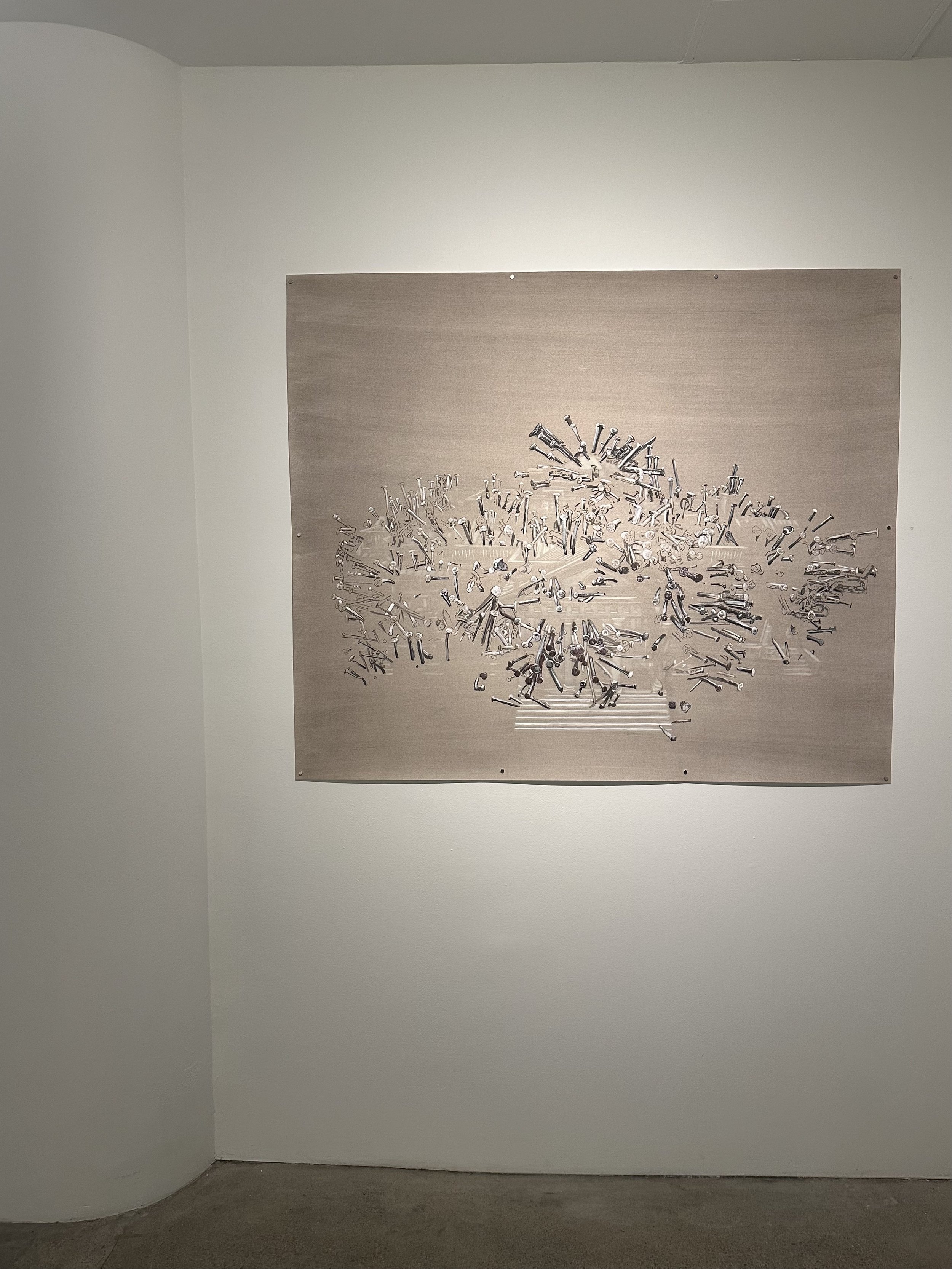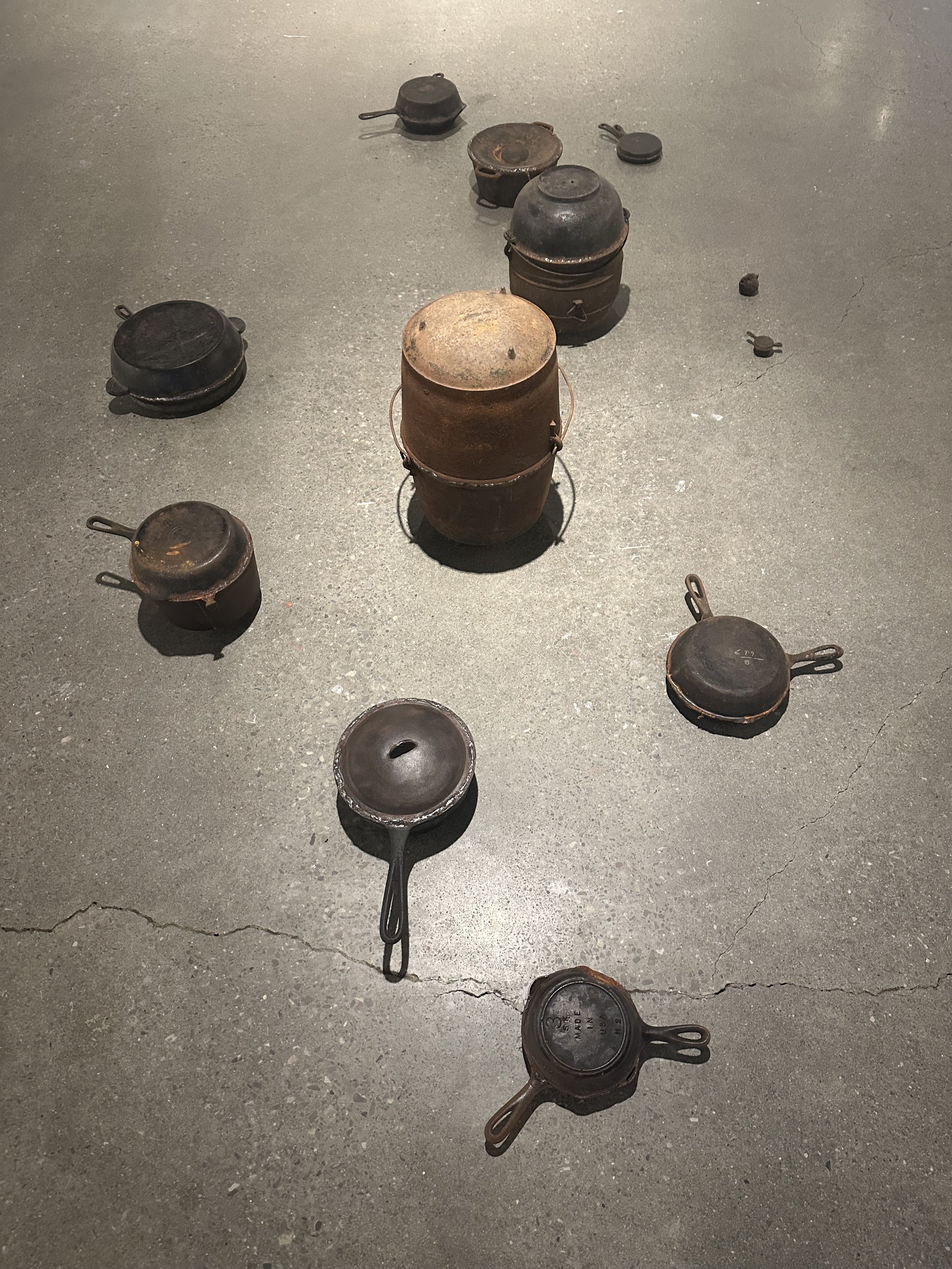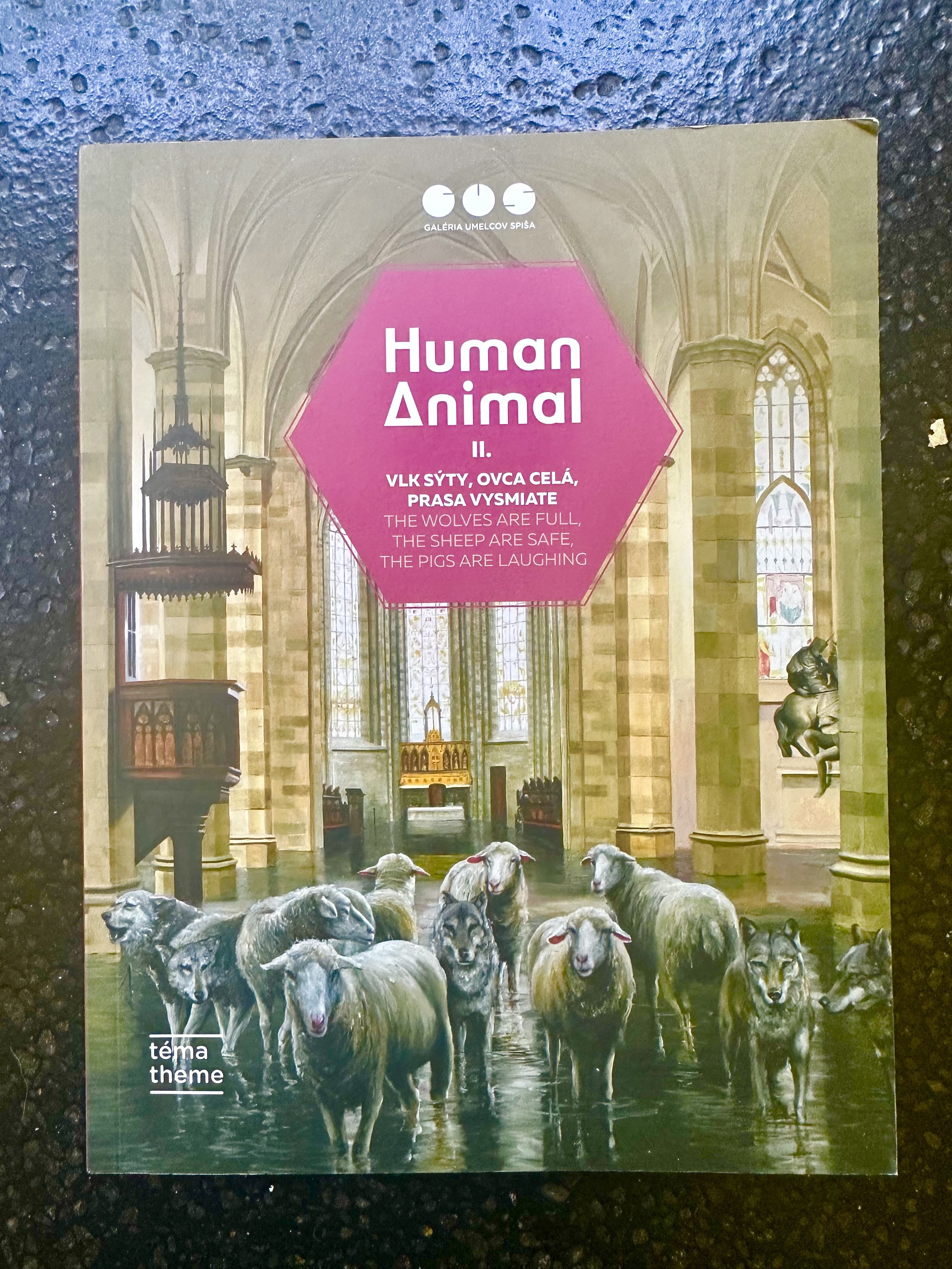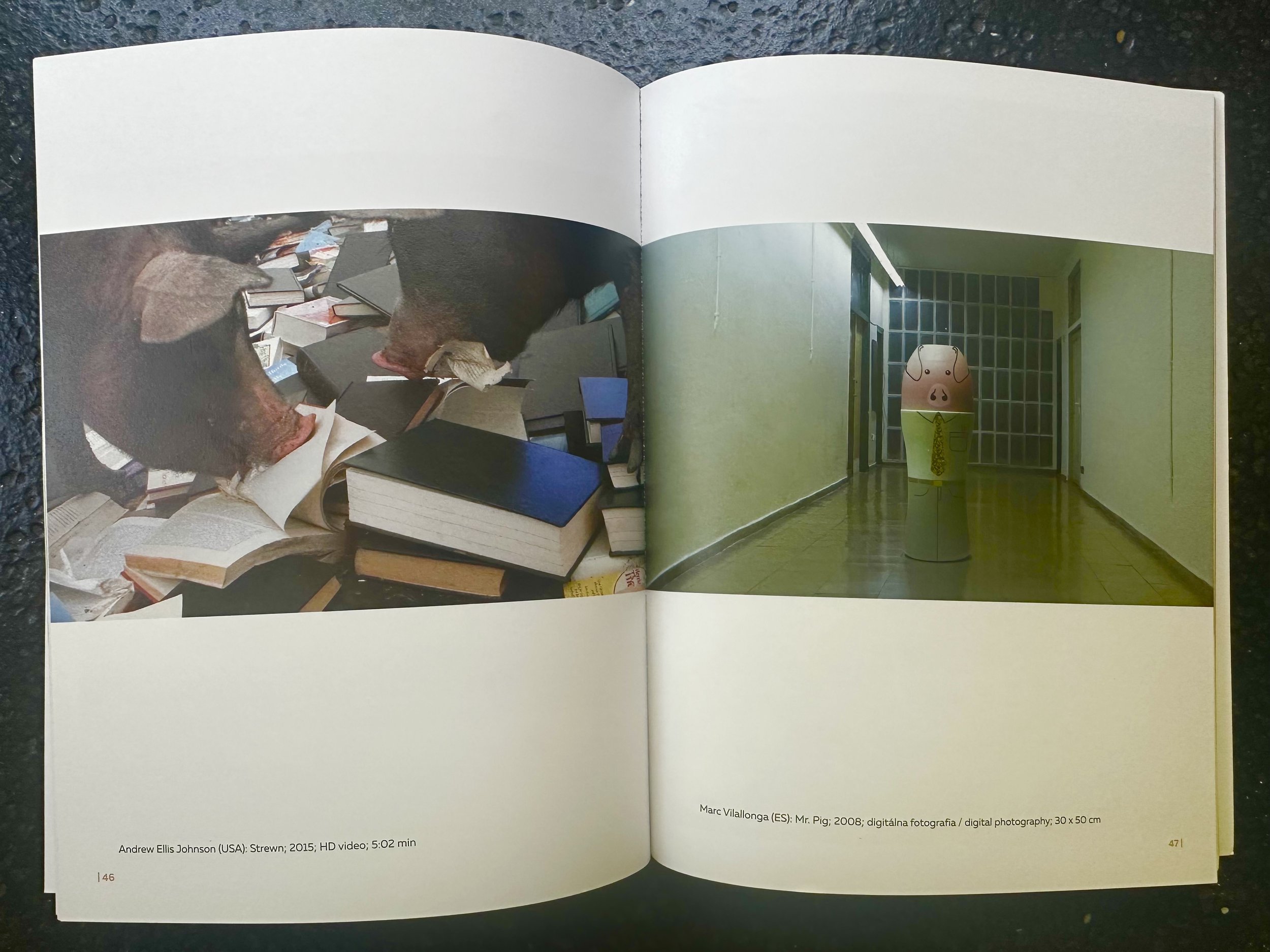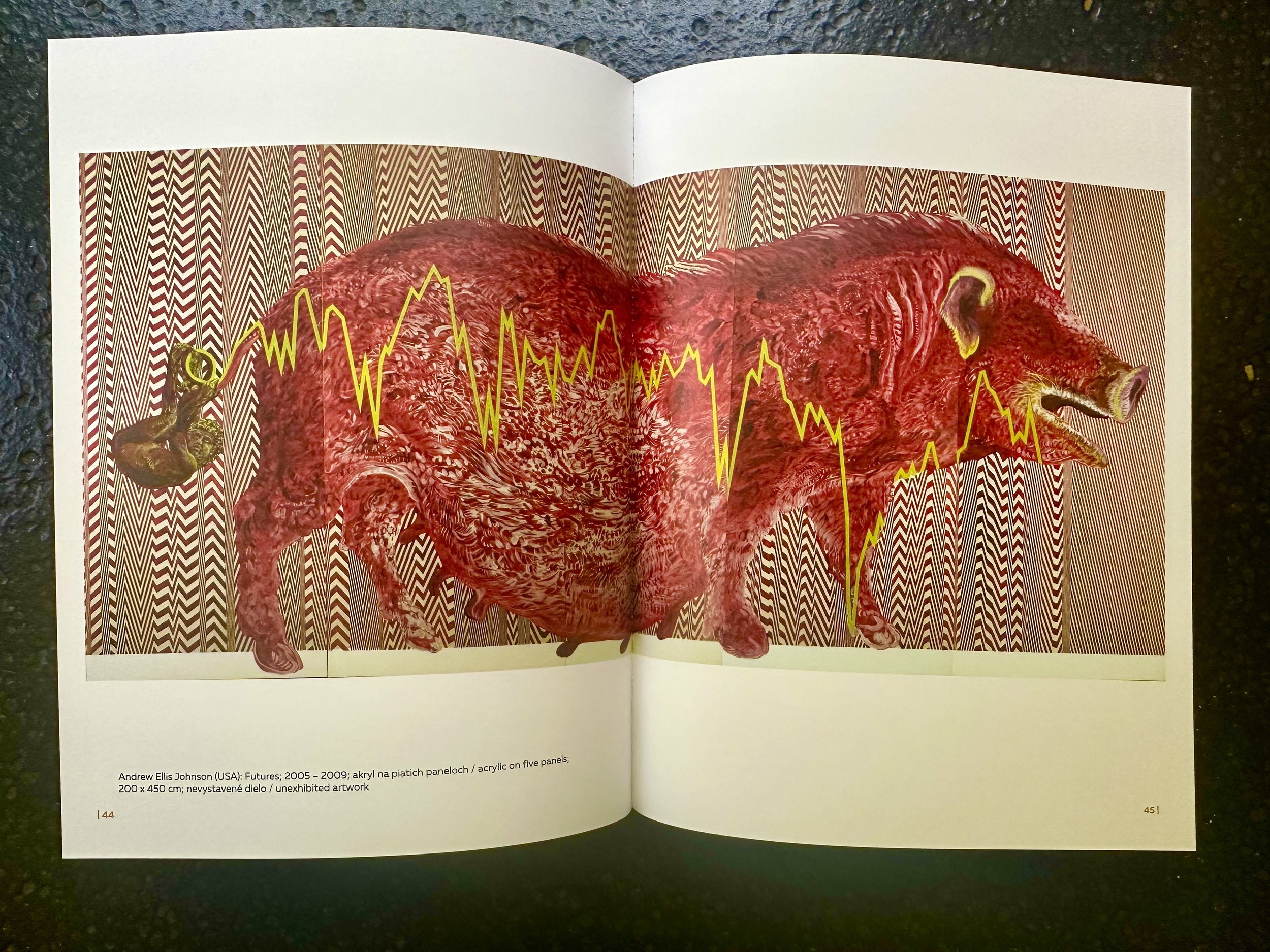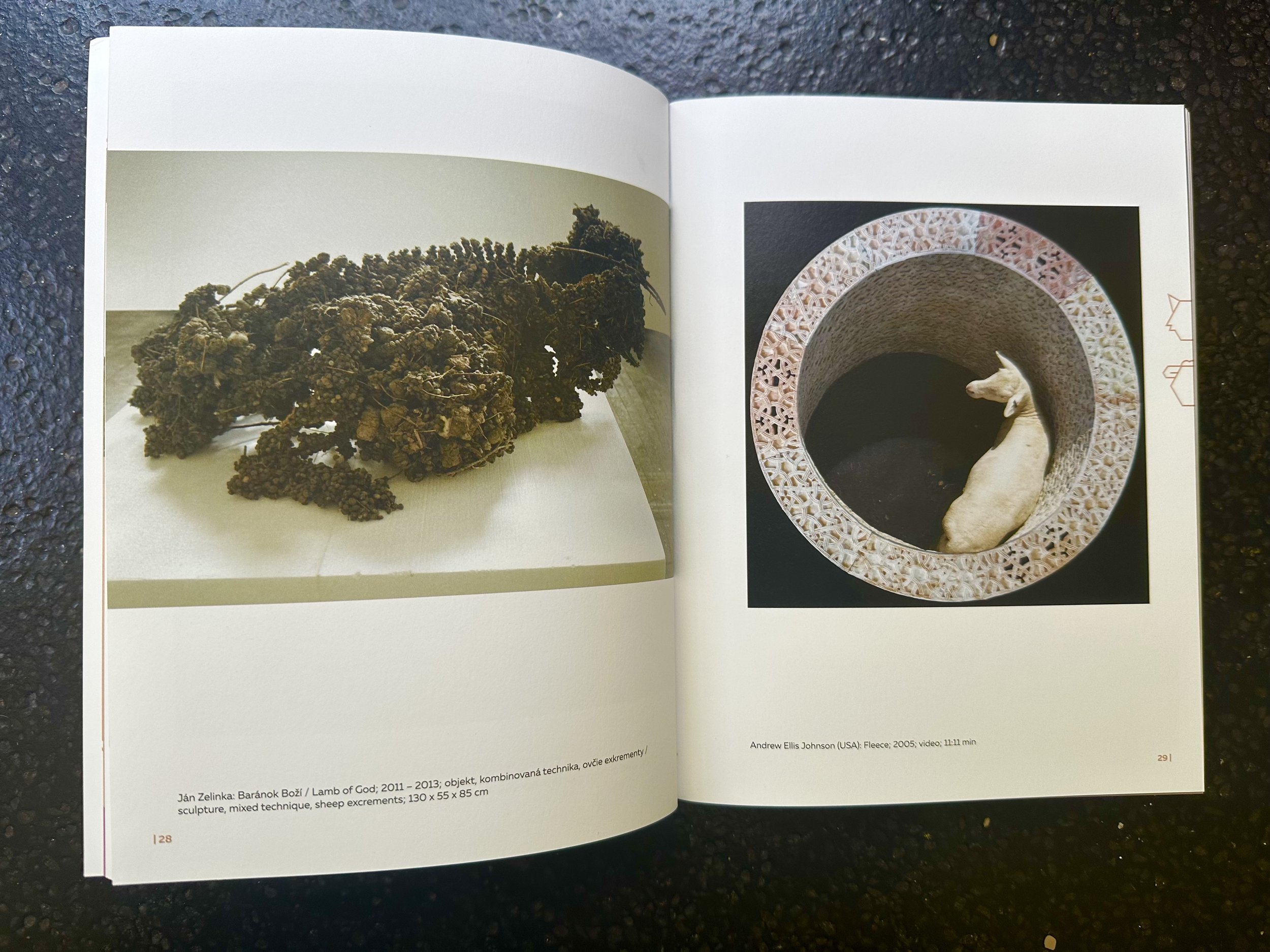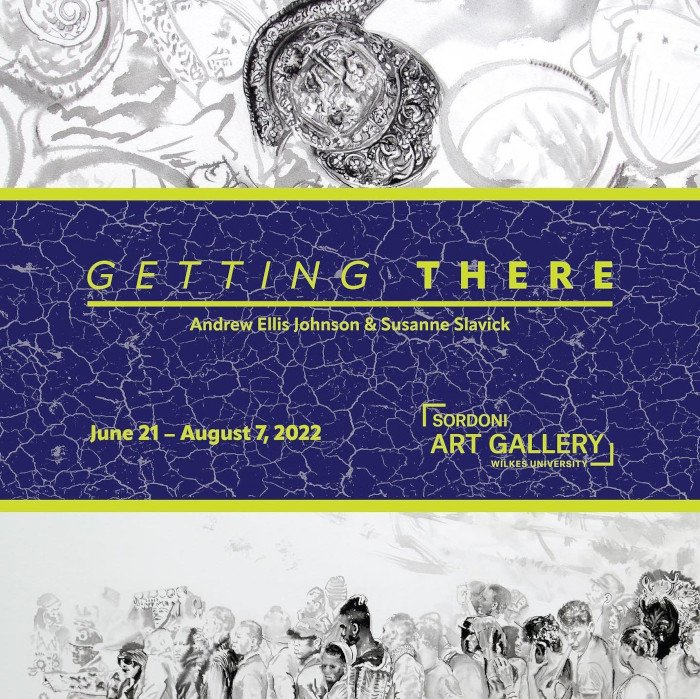An exhibition of sculpture presented by WANDER at LongWoods Preserve, Cumberland, Maine
June 22, 2025 - May 15, 2027
Features sculptural artworks by 23 artists spread across 54 acres of open farmland, forest, and riparian habitat alongside the East Branch of the Piscataqua River in Cumberland Center, ME.
Artists included: Anne Alexander, Vivian Beer, Eleanor Brown, Nelson Bruns, Quinn Cotnoir, Matt Crane, Linda L. Cunningham, Jenny McGee Dougherty, Josh Dow, Sam Finkelstein, Folly Tree Arboretum, Mae Kenny, Andrew Ellis Johnson, Napoles Marty, Chris Miller, Ed Parrish Jr, Wills Phillips, Torin Porter, Jesse Salisbury, Julie Poitras Santos, Ben Spalding, Aaron T Stephan and Ryan Wight.
This biennial exhibition highlights artists using a wide range of mediums whose work embodies whimsy, wonder, positive energy, fantasy, and exploration. These thematic works on view will raise awareness between the body, landscape, and the environment; with intertwined stories using stone and cast and welded metal sculpture, sound, installations, and landscape interventions. Each artwork will be sited and carefully curated, revealing a sense of play and meandering through a guided landscape.
LongWoods Preserve is open to the public 365 days a year for walking, hiking, biking, snowshoeing, and cross-country skiing. Admission is free, and ample parking is available on site. The Trailhead can be accessed at the WANDER at LongWoods parking lot.
LongWoods Preserve is a family-friendly space. All are welcome.
Images: Andrew Ellis Johnson, Last Straw, 2025. Scarecrow stuffed with straw in colonial attire with pitchfork and crow decoys.








![morerevised-keystone-3shows+[Recovered]-03.png](https://images.squarespace-cdn.com/content/v1/53b2cf0ce4b058cbcb8957b0/1725570003674-A72GHYUGA46EDKFXIJEW/morerevised-keystone-3shows%2B%5BRecovered%5D-03.png)




